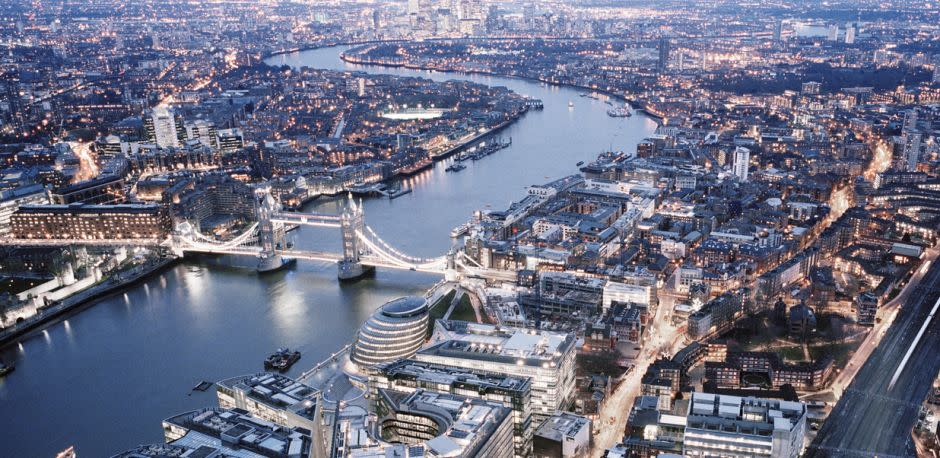The phrase “levelling up” may once have conjured a vision of northern towns and cities scarred by deindustrialisation – but Jeremy Hunt’s budget suggested the government’s definition now stretches to Buckinghamshire, Canary Wharf and Cambridge.
In the section of his speech on “historic underinvestment in our nations and regions”, Hunt hailed new devolution deals for Surrey and Buckinghamshire.
He also promised £242m that he said would build up to 8,000 homes in Barking Riverside and Canary Wharf – as well as attracting life sciences firms to the east London financial district.
Former Lib Dem leader Tim Farron responded on X, “brilliant levelling up news for the rural left behind northern town of Canary Wharf”.
Once a Thatcher-era regeneration project, question marks have recently been raised about the future of Canary Wharf, whose glass and steel skyscrapers predate the trend for working from home and have fallen out of favour with business tenants in the last couple of years. Hunt also promised more government support for a future development corporation in Cambridge.
Meanwhile, Hunt rattled off a list of areas that would all get a share of £100m of levelling up funding. Many of these sit in constituencies that will be key battlegrounds in the upcoming general election.
High Peak, the first place he name-checked, is held by Conservative MP Robert Largan with a wafer-thin majority. The constituency came third on a recent list of Labour targets drawn up by the Fabian Society, requiring a swing of less than 1%.
Conwy, another beneficiary, is in the newly redrawn constituency of Bangor Aberconwy – Labour’s fourth target – while Coventry is home to two seats held narrowly by Labour.
Another string of constituencies will join the government’s “long-term plan for towns”, including Eastbourne, which the Lib Dems are keen to take from the Tories, and Peterhead, in the new Scottish seat of West Aberdeenshire and Kincardine, where the Conservative MP Andrew Bowie hopes to cling on.
Abi O’Connor, levelling up researcher at the New Economics Foundation (NEF, criticised the government’s approach. “They’ve yet again offered these piecemeal funding pots that make our poorest communities compete against each other for scraps,” she said.
She added that the prevalence of higher earners in London and the south-east means they will benefit more from the national insurance cut that was the centrepiece of Hunt’s statement. NEF analysis suggests it will be worth an average of £1,141 for each household in London, but £704 in the north-east, for example.
“As with every budget, this really underlines the fact that regional inequality is a problem this government is happy not just to ignore but to reproduce,” she said.
Conservative thinktanks welcomed the levelling up announcements. Sebastian Payne, the director of Onward, said: “The challenge is now to get the economy growing and for the government to set an optimistic vision. More investment in towns, new devolution deals and measures to boost pension investment will help, but more is needed ahead of the election.”
This article was written by Heather Stewart from The Guardian and was legally licensed through the DiveMarketplace by Industry Dive. Please direct all licensing questions to legal@industrydive.com.

